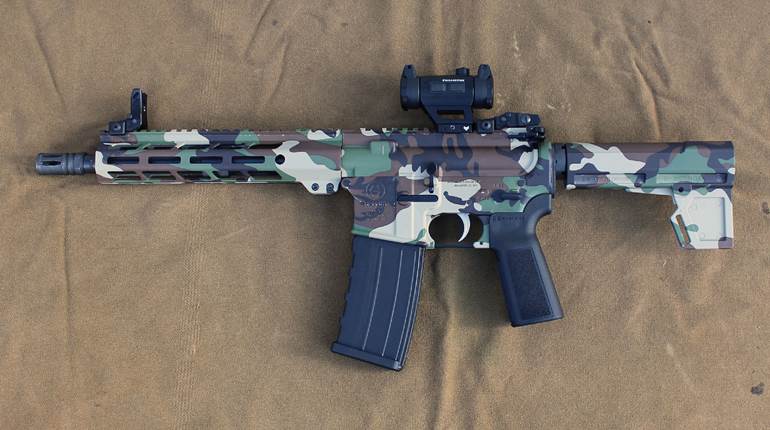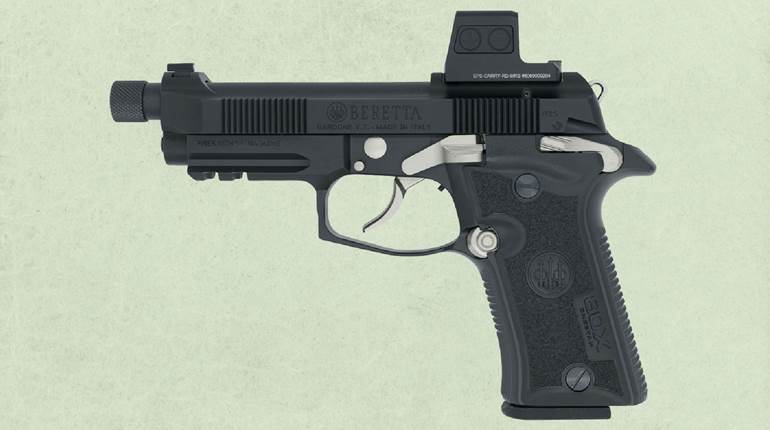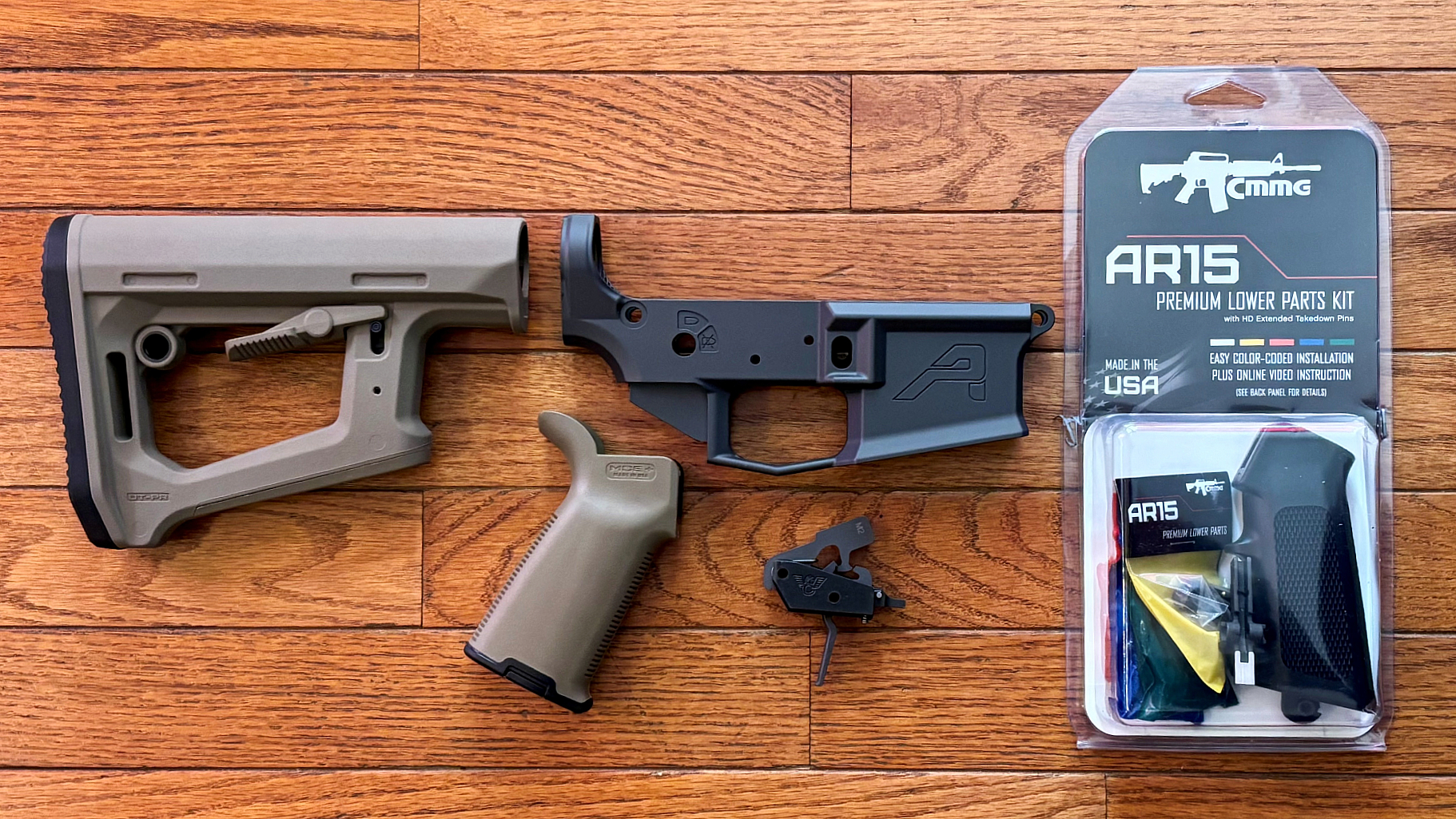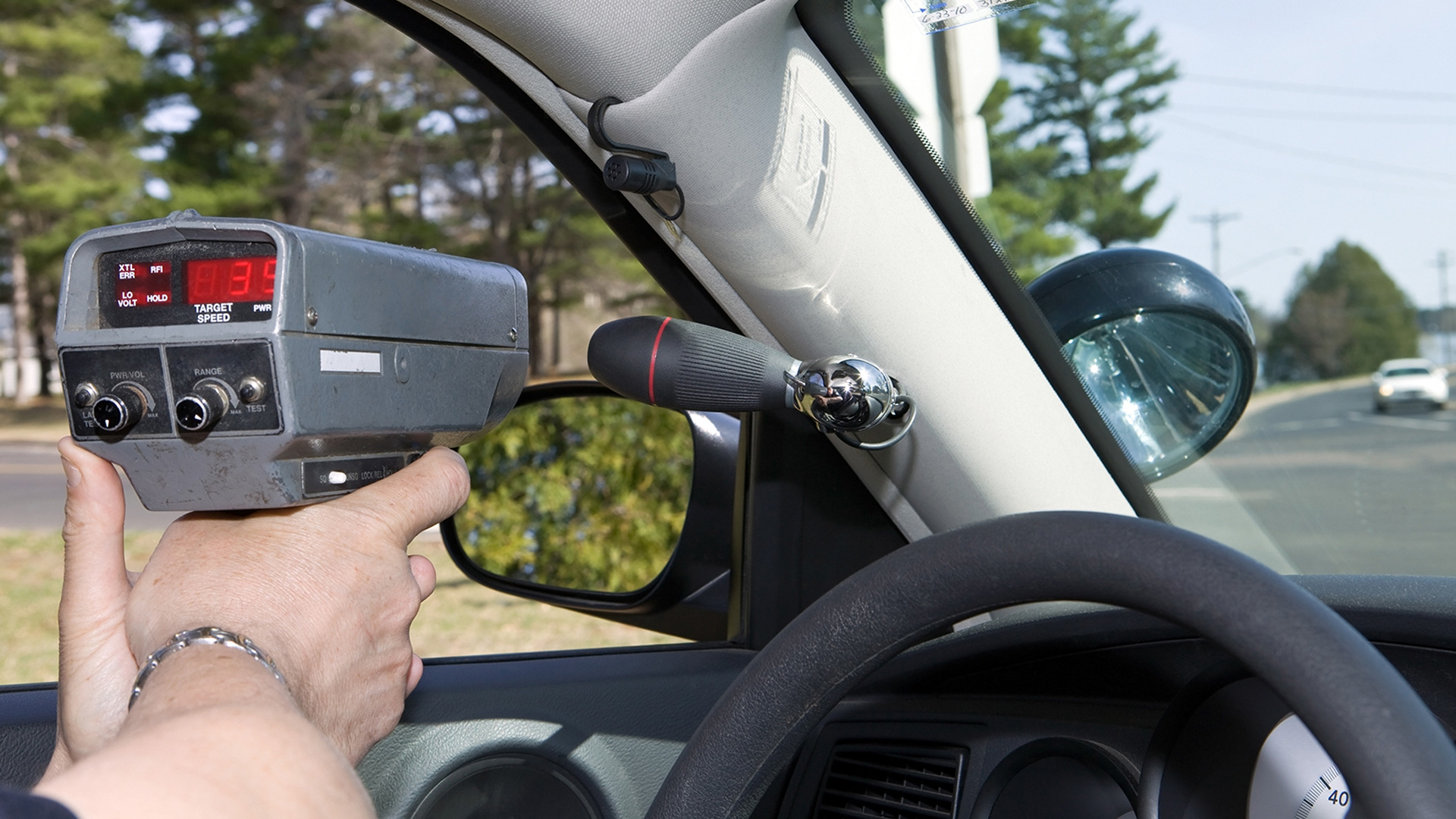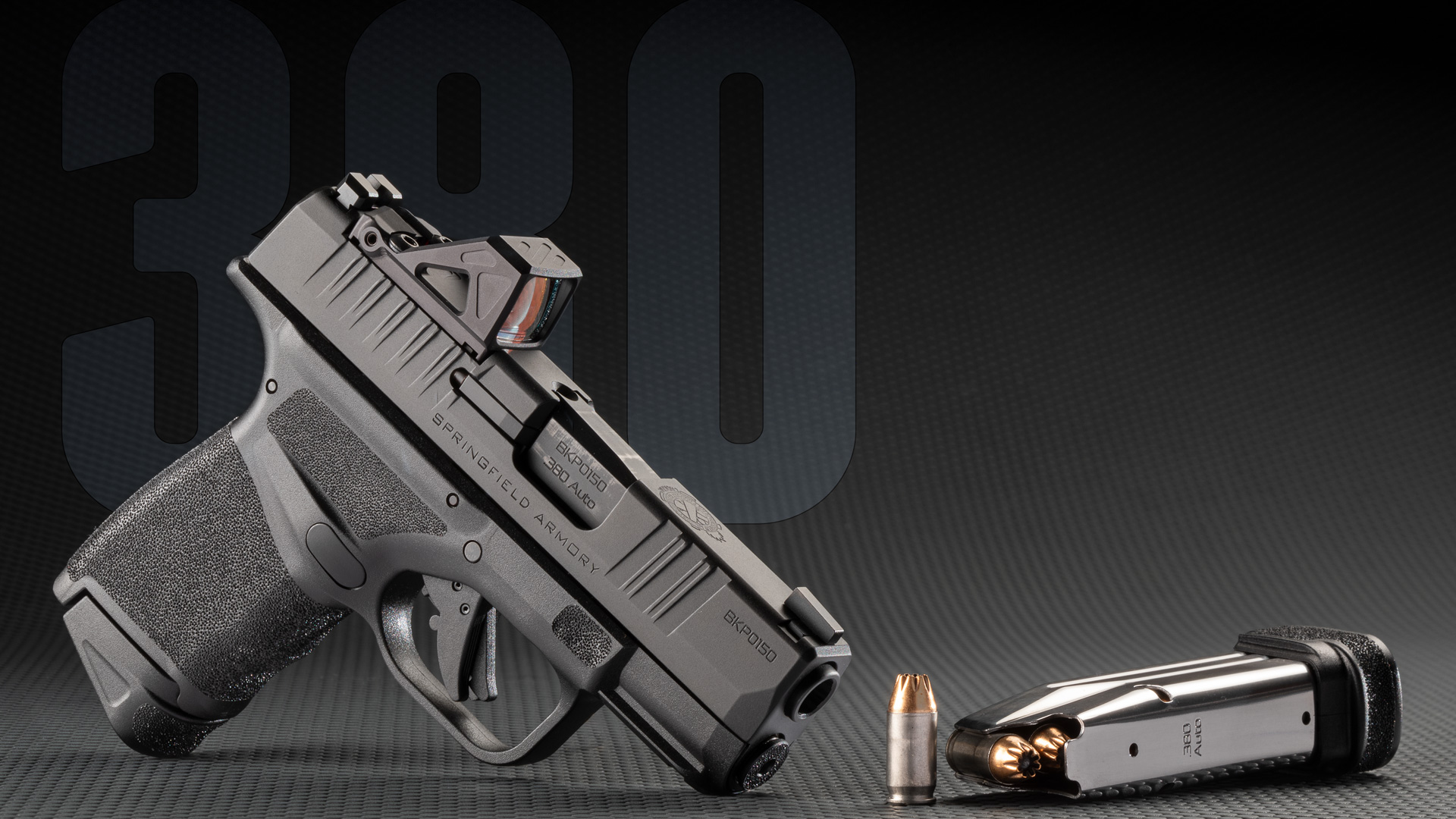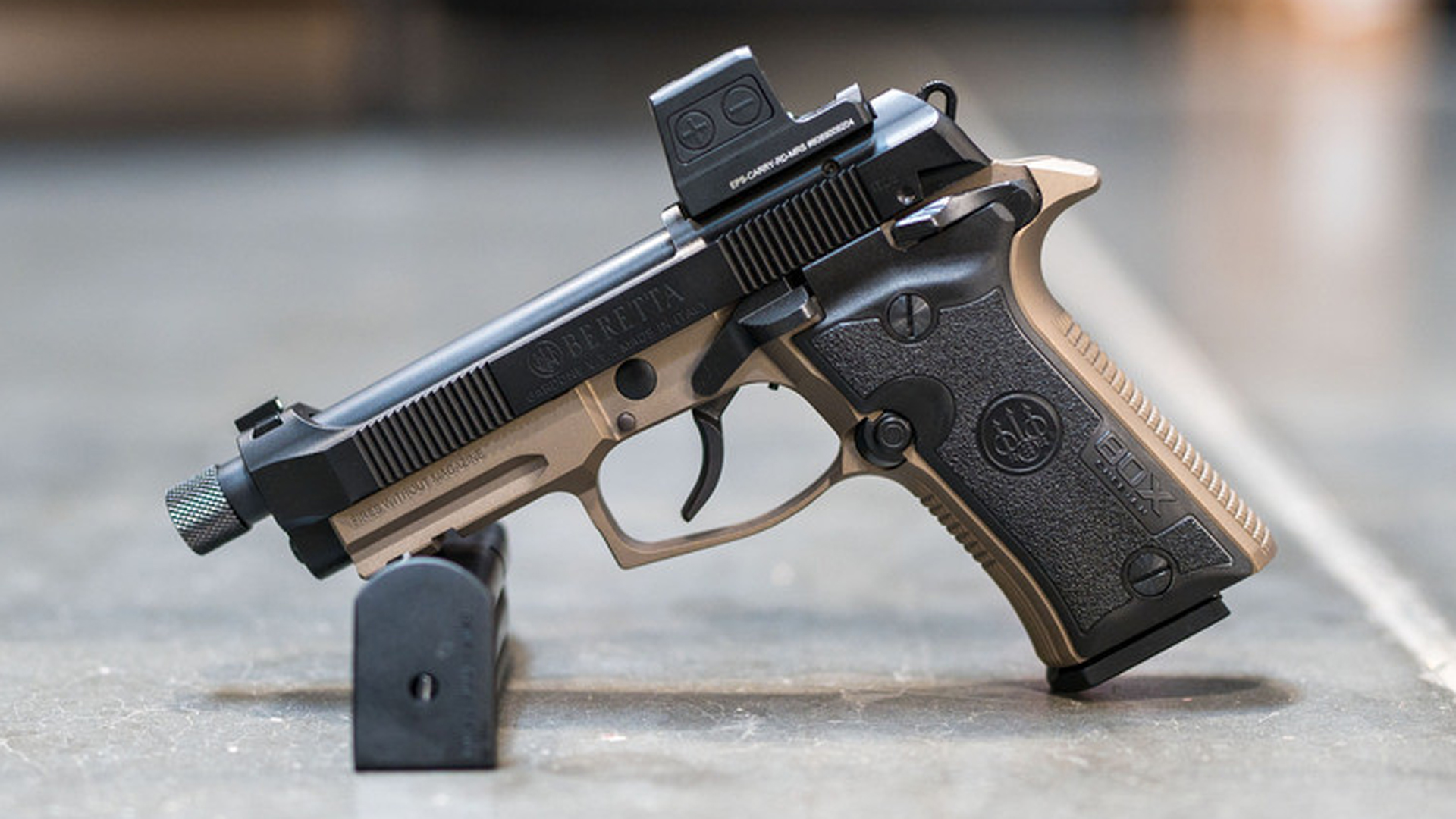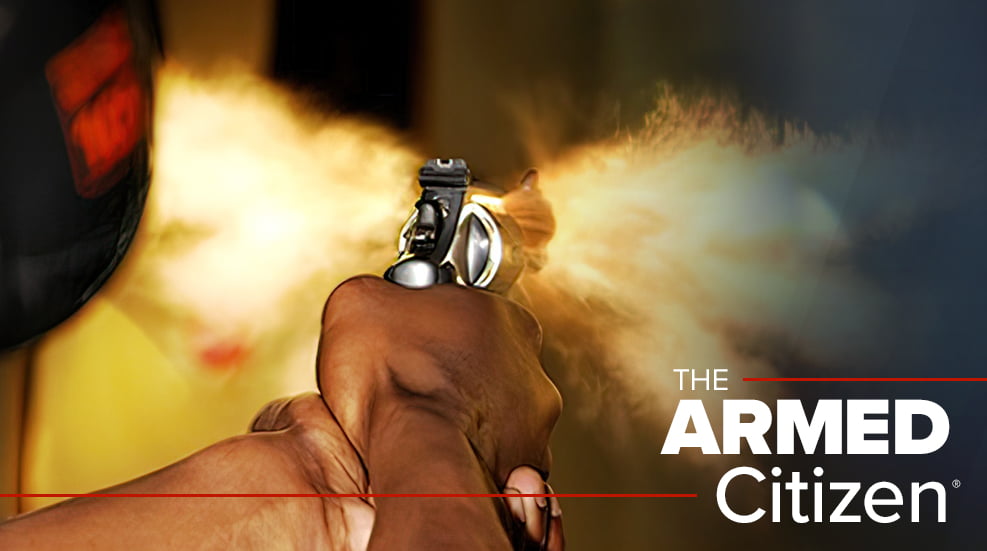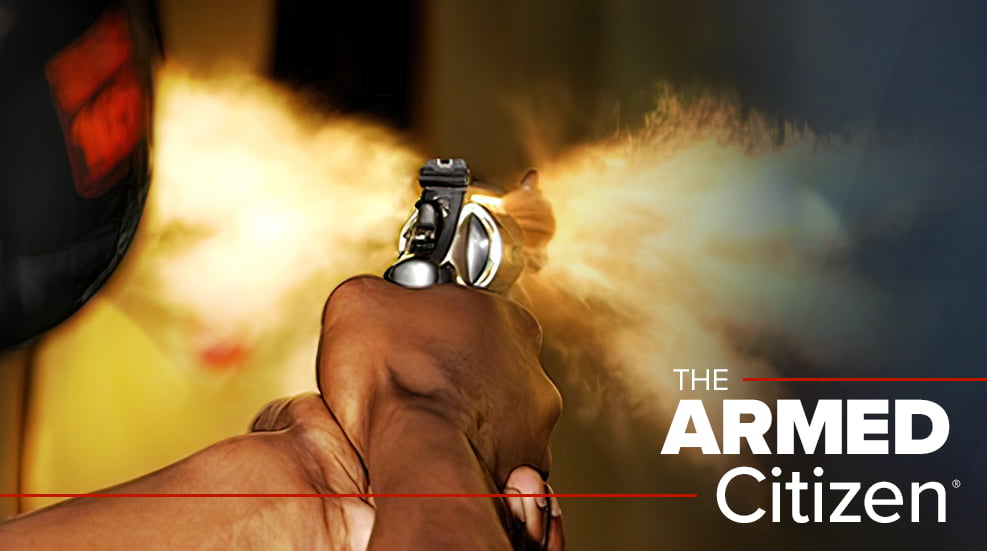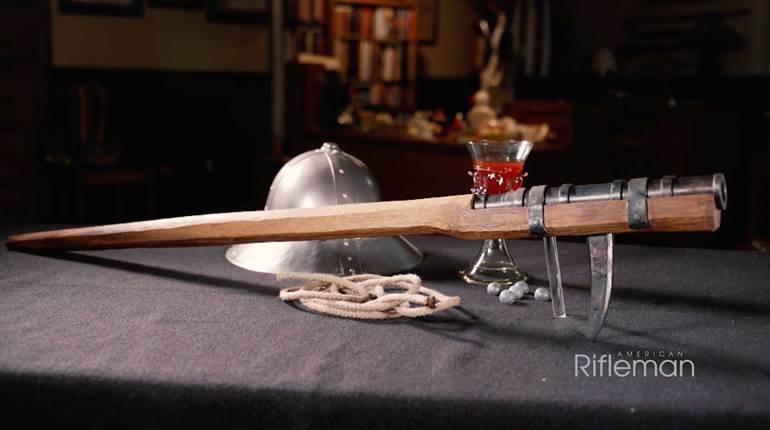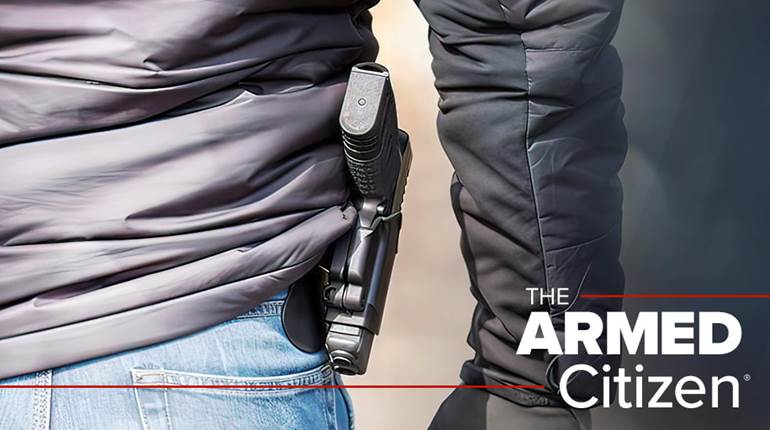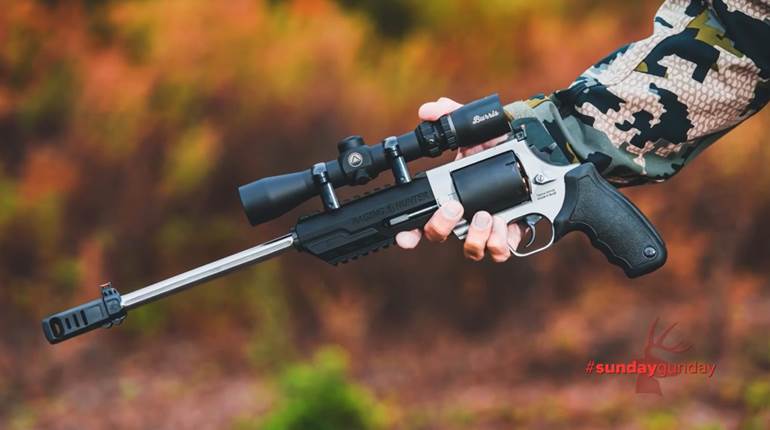
Being prepared for the unexpected is an important part of enjoying the great outdoors. But pulling together a set of supplies that's useful, portable and affordable can be a challenge. While some folks would rather assemble their preparedness gear from scratch, others are looking for a ready-to-use solution.
One company I hadn’t thought of when shopping for an emergency kit was Henry Repeating Arms. As it turns out, this American gun manufacturer packs a handy U.S. Survival Kit to complement its version of the AR-7 takedown rifle chambered in .22 Long Rifle. Together these two products provide one of the most compact and complete rimfire readiness sets on the market.
The Henry U.S. Survival Kit
It’s not difficult to feel underwhelmed by the contents of some of the low-quality, pre-packaged survival kits on the market. Henry's U.S. Survival Kit is a completely different story. Like its rifles, the kits are assembled here in the United States. They are filled with top-quality products, many of which are issued to U.S. military and NATO personnel. 
Weighing in at 1 lb. 4 oz., the kit contains dozens of useful items. The survival tools are packed into a lightweight hard-anodized aluminum tin that's about the same size as a collegiate dictionary or a thick paperback novel. The lid features a watertight seal and is held in place by two latches fitted with rubber rollers to make securing the lid easier when the tin is packed to capacity.
Opening the tin reveals a chemical light stick, an emergency blanket and the rest of the tools tucked into a zip-top bag. If you choose to unpack the kit for inspection, be sure to re-pack it with all of the plastic pouches it came with, especially the waterproof aLoksak pouch (shown below with a black closure) which has been designed to protect cell phones and other small valuables even when fully submerged. 
While inspecting this kit, I came to appreciate the thought that went into it. Several items can fill more than just one emergency need, including a generous roll of duct tape and a length of surgical tubing (ideal for making a tourniquet among other things). First-aid items include a trauma bandage and gauze. The paper coffee filter can be used to sift out particulates in preparation for adding the water purification tablets. 
The compact tool set includes a Derma Safe folding razor knife, an ultra compact Utica Kutmaster Mini Multi Tool, spiral wire saw, mini LED light, a steel fire-starter set and a mini map compass. The Type 1A utility cord can be used to erect a shelter, the snare wire and fishing kit to catch food and the sewing kit to keep clothing in working order.
Additional fire-starting items include waterproof matches, a flat Fresnel magnifying lens, Tinder Quick fire starters and a beeswax candle (which has a variety of other uses as well). The mirror, whistle and bright orange tarp (also useful for shelter) can be used to signal for help. Last, but not least, there's an instruction sheet with basic survival tips. 
Henry’s U.S. Survival AR-7 Takedown Rifle
One of the best survival rimfires on the market these days is Henry's version of the U.S. Survival AR-7. This takedown semi-auto .22 is based on Eugene Stoner's design that went into service with the U.S. Air Force in 1959. It gave pilots a small-caliber rifle that could be deployed in case of an unforeseen wilderness landing. More than half a century later, it's still a great fit for hiking, camping and as an emergency option that fits into small interior vehicle storage spaces.
Just like the original AR-7, the Henry U.S. Survival rifle is light weight. The Mossy Oak Breakup pattern camouflage version shown here weighed in at 3 lbs. 9 oz unloaded including a third empty magazine. The barrel, receiver assembly and magazines are stored inside the hollow ABS plastic shoulder stock. The stock is not watertight but it will float. Just pull off the stock's butt cap to access the components. 
The rifle arrives with two magazines, each of which has its own pocket inside the stock. What some folks don't know is that there's room for a third magazine if it's inserted in the receiver before being placed inside the stock. I have yet to hear of anyone who wished they had less ammunition or fewer magazines in a survival situation, so go ahead and invest in a two-pack of eight-round magazines ($39.90) and stick one more in the receiver.
Assembling the AR-7 starts by securing the Teflon-coated aluminum receiver to the stock using the captured grip screw (if you've added a third magazine, remove it before taking this step). Then the polymer shrouded steel barrel is inserted into the receiver and tightened down using the polymer barrel nut. Replace the butt cap, pull out the right-side charging handle to cycle the bolt, insert a magazine and the rifle is ready to use. 
The sight system consists of a height-adjustable peep sight at the rear and a bright orange drift adjustable polymer blade up front. Henry has added a grooved sight rail to the receiver (not found on the original design) to allow for an optic. The magazine release is located in front of the trigger guard where it can be operated by the trigger finger. The right-side safety lever is pressed forward into the Fire position and pulled back into the Safe position. 
The Mossy Oak dip finish looks terrific and has been properly applied to the metallic and polymer components. The trigger on this particular gun is a bit stiff at 6 lbs. 6 oz. but it has a crisp, clean break. As I've shot the Henry AR-7 over the years, I’ve found that it's easy to produce groups that hover around 2" in size at 50 yards using quality ammunition with the factory peep sight.
Select high-quality, hunting-grade ammunition to store with your preparedness set, including CCI Stinger or Velocitor loads. The Henry AR-7 will reliably digest several brands and grades of .22 Long Rifle for plinking and practice. However, it would be a shame to have the rifle stutter or jam at a critical moment because it's stoked with cheap, bulk-box loads.
It might seem tempting to store ammunition in the AR-7's magazines but it's not a good idea. Many states require firearms to be transported in an unloaded condition with the ammunition stored separately from the gun. We can split hairs over whether or not this rifle can technically be considered loaded if it's disassembled. Nevertheless, the gun and the ammunition are certainly not separated if live rounds are inside the shoulder stock with the action and barrel.
Another problem is that .22 bullets are coated with wax. There's a real possibility if the rifle is stored in a vehicle during hot summer weather that the bullet wax will melt and run into the magazines (and possibly the action) and then stiffen up again when the weather cools. This survival rifle is not a high-speed, low-drag tactical defensive system designed for instant deployment. It's going to take a couple of minutes to put it together, so it’s better to protect the gun and the ammunition by waiting to load the magazines until the rifle is fully assembled and ready to shoot.
Tuff Products iStow Backpack
With the Henry U.S. Survival Kit and AR-7 rifle in place I just needed a few more things to complete an ideal travel-size rimfire preparedness set. These included some .22 ammunition, rifle maintenance supplies, and some sort of bag or sack to carry everything in case it's necessary to hoof it back to civilization. A nylon brush with a cut-down handle, a one-use pouch of RAND CLP and the fourth rifle magazine just barely fit into the aluminum tin of the survival kit. 
As a means of conveyance, the Tuff Products iStow Backpack fit the bill perfectly. This pack weighs just 13 oz., is capable of supporting up to 50 lbs. of gear and folds in on itself to form a 11" x 9" x 1.5" rectangle with carry handles and an external zipper pocket. The pocket is just the right size to hold a couple of 50-round boxes of .22 and a few other small items like a survival knife , a pair of light work gloves, a flashlight or a disassembled rifle cleaning rod.
The fabric, stitching, zipper pulls and buckles of the iStow were all top-notch. When configured as a backpack, this pack’s main pocket provided plenty of space for the collapsed AR-7 and the survival kit with room left over for items like light jackets and water bottles. The iStow is available in Coyote Brown (shown), black, hot pink, safety yellow and hunter orange. 
NRA Specifications
Manufacturer: Henry Repeating Arms
Model: U.S. Survival AR-7 (H002C)
Action: Semi-automatic
Caliber: .22 Long Rifle
Finish: Mossy Oak Breakup Camouflage
Barrel: Polymer with Steel Insert
Receiver: Aluminum, Teflon Finish
Stock: Hollow ABS Plastic
Front Sight: Orange Polymer Blade
Rear Sight: Height-Adjustable Aperture
Barrel Length: 16”
Assembled Length: 35”
Stowed Length: 16.55”
Length of Pull (LOP): 15”
Weight: 3.5 Pounds Stowed, Unloaded
Capacity: 8+1 Rounds
Twist: 1:16” RH
Rifle Grooves: Six
Accessories: Two 8-Round Detachable Box Magazines, Lock, Owner’s Manual
MSRP: Camouflage $350, Black $290
Henry U.S. Survival Kit: $99.95
2-Pack of 8-Round AR-7 Magazines: $39.90
Tuff Products iStow Backpacks: $39.99














